In 2005, the Refuge completed its Comprehensive Conservation Plan, which contains a wealth of information about the Refuge.
The following are excerpts from the Plan:
In 2005, the Refuge completed its Comprehensive Conservation Plan, which contains a wealth of information about the Refuge.
The following are excerpts from the Plan:
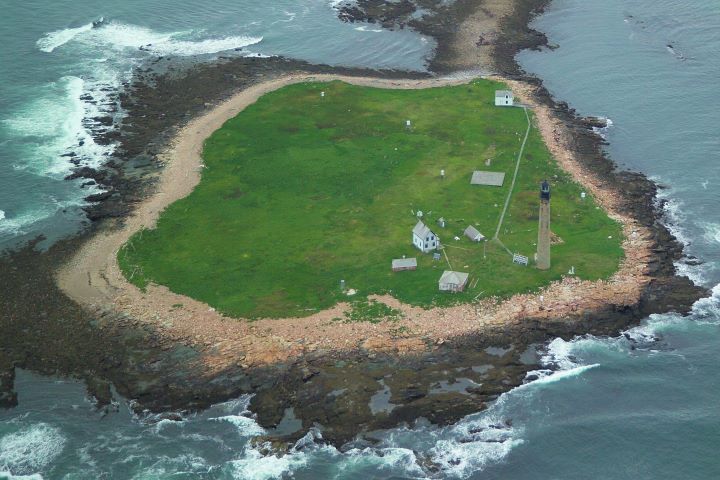
Biologists live on this island each nesting season to conduct surveys, control predators and band seabirds. Maine Coastal Islands National Wildlife Refuge staff and summer island interns conduct a complete census of the island each year and record observations of all species observed on or adjacent to the island
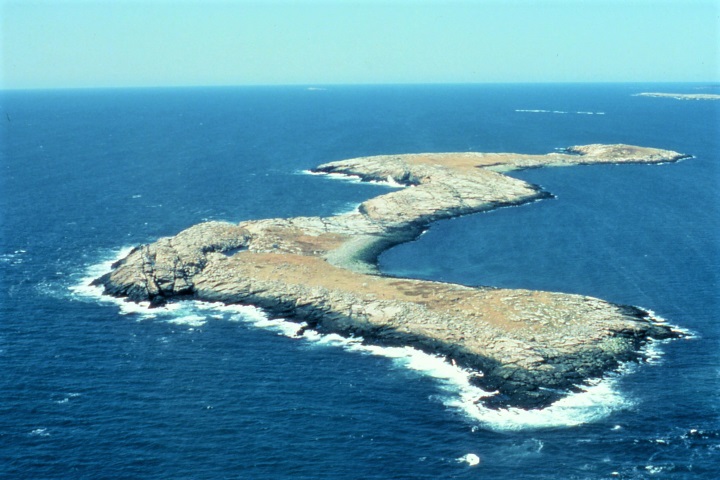
The Maine Coastal Islands National Wildlife Refuge continues to work cooperatively with National Audubon Society on the Seal Island Seabird Restoration Project. Researchers are currently supporting Arctic tern and Atlantic puffin research projects in cooperation with the University of Massachusetts
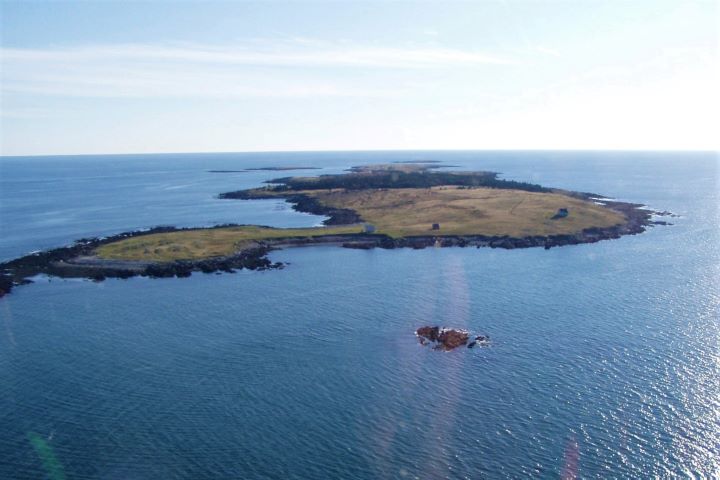
Summer island interns are hired seasonally to work on this tern restoration program. The interns census terns, control predators, conduct food habit and productivity studies, and monitor vegetation response to grazing
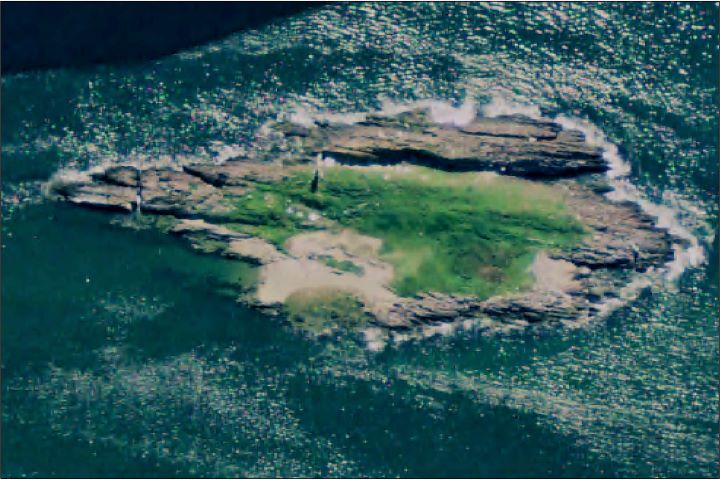
The island is managed in cooperation with National Audubon Society, and summer island interns staff the island during the nesting season. The beach on Pond Island could potentially provide limited habitat for least terns and piping plovers. The island is also an important staging area for common and roseate terns in August
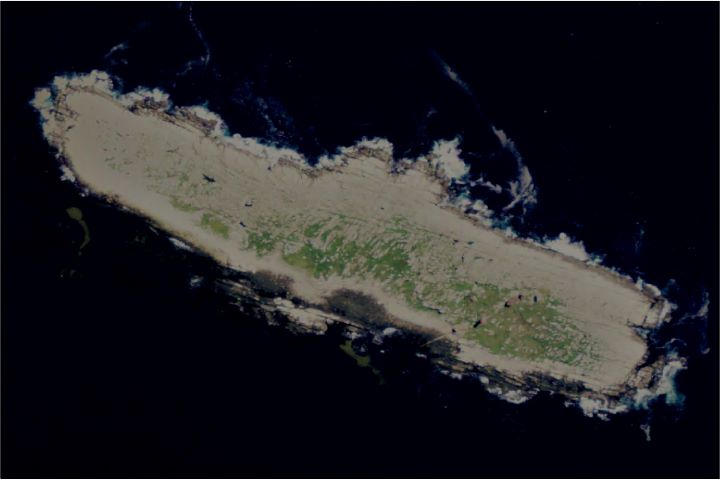
The island is predominantly an Arctic tern colony (999 pairs) but also supports 198 pairs of common terns. The Maine Coastal Islands National Wildlife Refuge manages the island in cooperation with National Audubon Society. It is participating in Arctic tern and Atlantic puffin research projects in cooperation with the University of New Brunswick